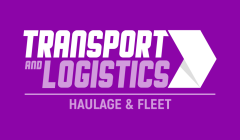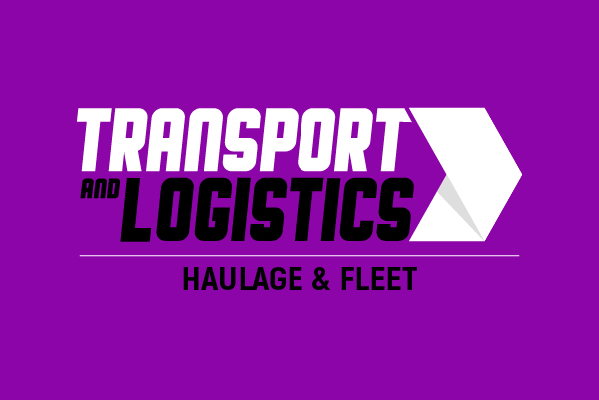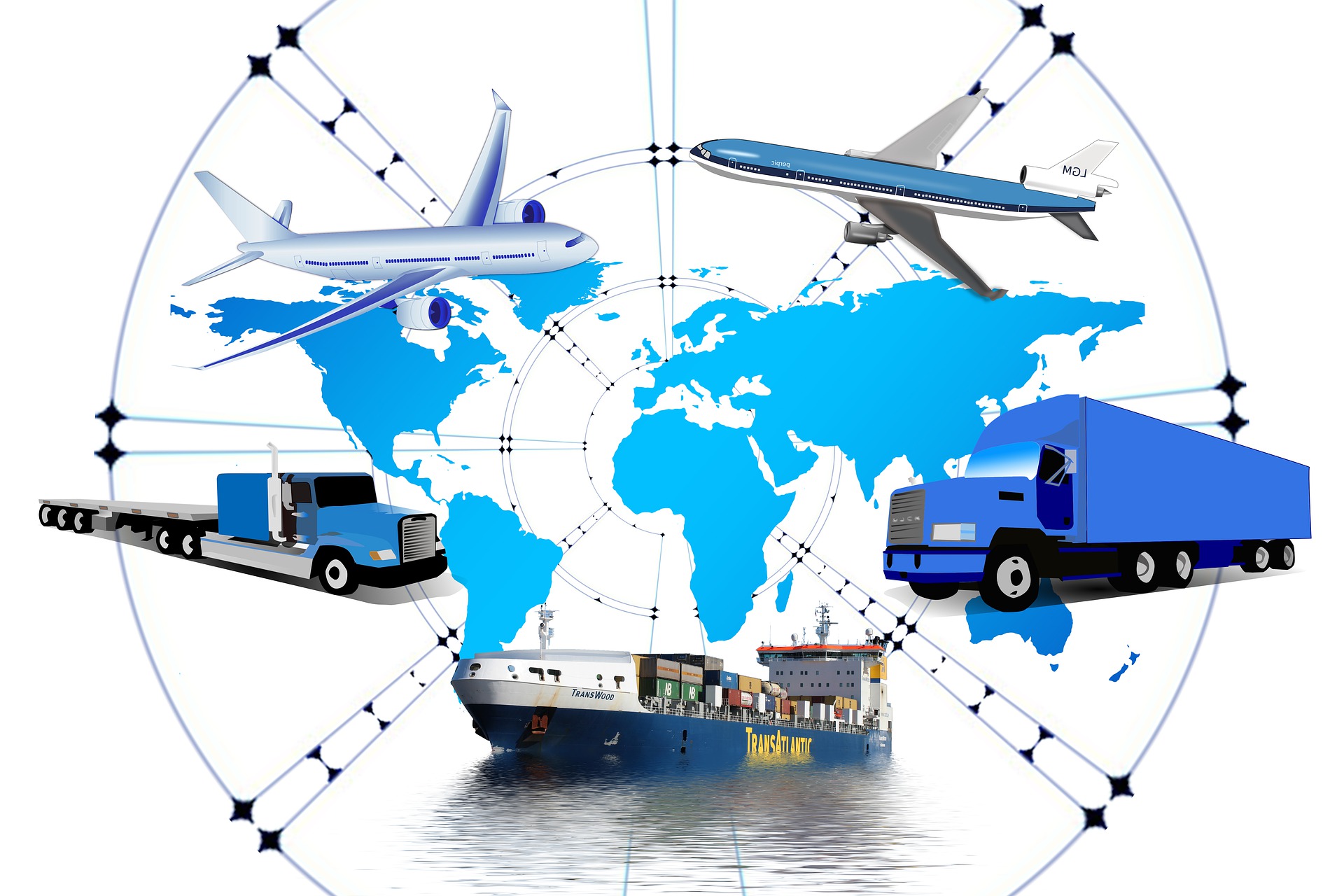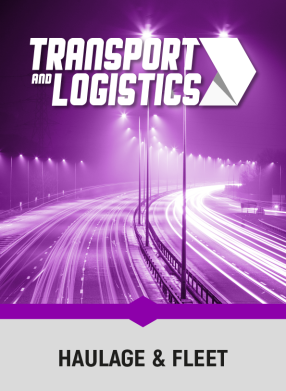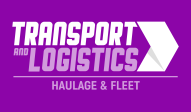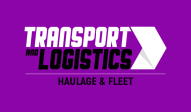By Michel Waterschoot, Sales Manager – Southern Europe, Northern Africa, Middle East, Descartes
The health crisis that we are currently experiencing, as well as its financial and economic consequences, should not mean we lose sight of the opportunities that can be leveraged today to help businesses continue growing and developing. This situation should be used as an opportunity to identify weaknesses and design innovative solutions, sharing feedback that is relevant for everyone involved so we can better prepare for the future.
Maintaining levels of satisfaction
In food distribution, volumes have exploded. With people confined to their homes, consumers have used ecommerce for their daily shopping more than ever before. For some players in the sector it was suddenly necessary to absorb exceptional levels of increased demand. However, it comes at a cost, as businesses must continue to satisfy long-standing customers – in terms of delivery times, slots, product availability – while meeting the demand of new and existing customers. With this increased and unprecedented influx of orders, demand simply cannot be met under the same conditions as before. The customer relationship is therefore called into question. The retailers’ objective is, if this type of critical situation was to reoccur, they need to be able to control the level of service delivered, in a way that reduces the risk of losing historical customers while attracting new ones.
The health crisis can lead to accelerated digitalisation
Another shift that we have been able to observe in connection with the COVID-19 crisis is that some companies who were until now very reserved about the use of new technologies, are now reconsidering their options. To limit the contagion of the disease, governments around the world have encouraged the rollout of health measures that reduce contact between people, but also the exchange of physical documents, such as proof of delivery, CMR, invoices and more. Companies therefore had to put in place alternatives to paper regardless of their concerns, for instance with delivery drivers. Their route planning was turned upside down and many were no longer in their usual geographic area as drivers had to stretch capacity to meet the consumer demand. Without their usual paper routing processes they had to use the GPS of their mobile phone to find their way in some cases. In the future, they will undoubtedly be less reluctant to use dedicated technological tools adapted for this, such as smart route planning software. This health crisis may therefore have helped to move along the digitalisation of processes that are still too often paper-based.
Combining deliveries offers benefits for all
In transport, there were around 40% fewer heavy goods vehicles (HGVs) on the roads in April and May. Logistics managers must respond to delivery requests even if the volumes are insufficient and the trucks have to run with a light load or empty on certain routes. This can increase the average cost of delivery for the transporter, by up to + 73% per tonne / km in long distance transport. These figures clearly argue the case for combining delivery efforts and collaboration between couriers, transporters and shippers alike to pool personnel, stock, storage facilities and more. These initiatives have so far been limited across the UK and France for example, no doubt because of the problems around co-responsibility but also for cultural reasons. However, the current situation will help to change mentalities on this, and the promise of the potential benefits that can be leveraged will override these initial concerns. This would be good news in terms of global optimisation for companies, but also in terms of ecological impact.
The importance of good transportation management
Many European shippers subcontract their transport of goods but given the current climate, one could wonder if the companies which control their transport of goods do better than those which entrust it entirely to service providers. With a fleet of its own, shippers who keep control of their flow of goods, through specific contracts with their carriers, get more responsiveness and flexibility, precious in difficult times such as these, especially with regard to the last mile. Shippers can therefore now question their fleet management and find the right balance with their service providers and internal teams in order to get a balance and a transport management system that provides them with the visibility and capabilities they need.
Faced with this critical situation, many companies will encounter or are already experiencing difficulties, potentially jeopardising their activity. However, it’s clear this crisis can also generate positive results by rethinking processes that were undermined during this period. The impacts on the sector are, and will be, numerous, putting even more tension on each of the logistics links. We must observe and analyse the present to make tomorrow a better world.
